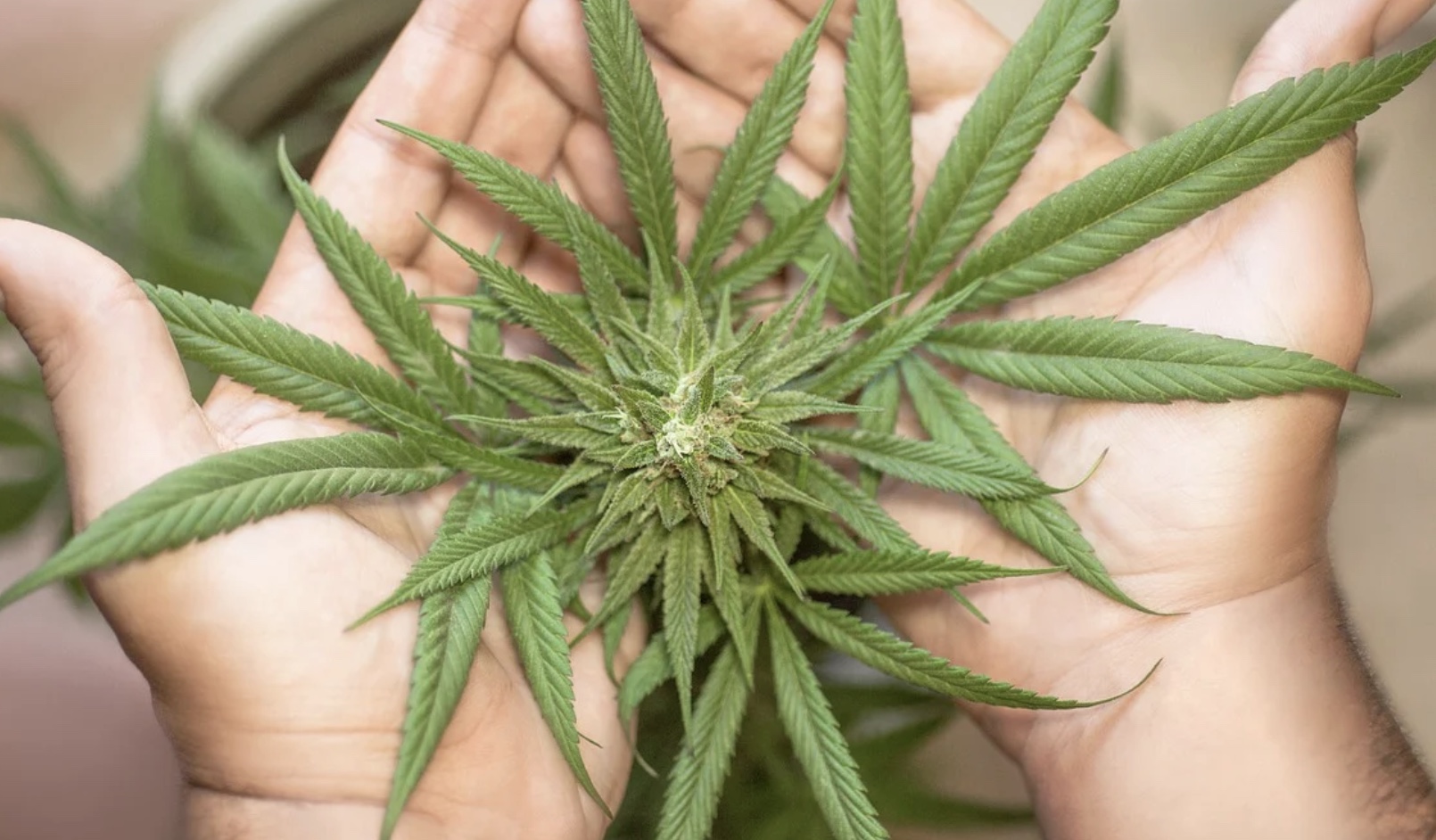Now that marijuana is in the news everywhere, chances are, your kids have heard of it. Depending on your view and what they’ve heard, it could be uncomfortable to talk to them.
You need to do it anyway.
Like the other hard talks that are your role as a parent, it’s better for you to tell your children the facts. Talking to them also gives you the chance to listen and see what they already know. It’s your opportunity to correct any misinformation they’ve absorbed.
Whether you use cannabis, agree with it, or are against it, you need to arm your children with information. Otherwise, they’ll be defenseless against the rumors and false info they run into from their friends and society.
But talking about hard things requires a careful mix of tact and honesty. When you’re ready to sit your kids down and have the cannabis chat, use these tips to guide you.
1. Don’t Throw it All into One Conversation
There’s a lot of information involved in a conversation about cannabis. From the history of marijuana to the explanation of its legal status, it’s a lot to absorb.
You know your child best. Don’t go over their head with too much info. Start by laying a foundation of the subject first. Let their curiosity dictate where you go next.
When their eyes start glazing over and you know you lost them, it’s past time to stop the chat. Have a goal in mind when you start the conversation. If you reach it and they aren’t asking questions, stop. You can always have more conversations later.
2. Don’t Let it Get Political
Politics and cannabis might seem like they are intertwined in society, but they don’t have to be.
When you’re talking to your children, their ideas on hot-button topics come from you. Cannabis is controversial enough. Bringing politics to the subject makes it even more difficult for them to understand the facts.
Stick with factual data, such as the difference between CBD versus cannabis versus marijuana. Let them know where cannabis is legal and what the types of legal statuses are. Arm yourself with facts about the legalities of each state from sites like Veriheal.
You can add your stance on the plant and talk to them about why you do or don’t agree with it. But remind them that they’ll be able to make their own informed choices when they’re old enough.
3. Be Open to Their Thoughts
When you encourage an open line of communication, sometimes what you hear isn’t what you expected. Sometimes, it’s not even what you wanted to know.
Your child may already have been introduced to pot, weed, or whatever it’s called in their group. It’s possible that they’ve already tried it. You won’t know this if you aren’t an open listener.
Create a parenting atmosphere where your child feels safe coming to you. This isn’t just about the cannabis conversation.
For instance, some parents frequently yell at their kids or punish them for being honest when it’s not what the parent agrees with. Those kids will be less likely to be real with their parents about what they know about marijuana.
It’s essential that you start having age-appropriate discussions with your children early. But as you have tweens and teens, the cannabis talk is a must-do, even if you haven’t set the stage before.
As you’re talking, make sure you’re also encouraging questions and shared thoughts. Don’t judge your child, even if they’ve made mistakes or have ideas you don’t agree with.
Any time they’re interested in starting a conversation about hard topics, try to make yourself available. If you can’t at the moment because you’re busy, let them know that you are interested and want to talk when you’re not distracted.
No matter what you do, try to stay neutral or avoid intense feelings about the subject. This teaches your child that they should at least pretend to feel the same way you do instead of expressing their honest thoughts.
Conclusion
As a parent, we all do hard things. Having a cannabis conversation is one of the responsibilities on your shoulders.
It doesn’t have to be hard; it can even be eye-opening and bond-building. Use these tips to learn how to talk to your child about cannabis and other hard topics.






